Relieve chest tightness from anxiety by calming your body and mind through deep breathing, grounding exercises, muscle relaxation, and long-term anxiety management. Anxiety often triggers real chest discomfort because your body enters a stress response, tightening chest muscles and speeding heart rate.
While anxiety chest pain can feel alarming, understanding its causes and how to manage it safely can make a major difference.
Can Anxiety Cause Chest Pain or Tightness?
Yes, anxiety can cause chest pain. Anxiety triggers a stress response that makes your body tense, especially around the chest and upper body. When your body senses danger, even if it’s emotional stress, your nervous system activates a “fight or flight” mode. This causes muscle tightening, shallow breathing, and increased heart rate, all of which can create real physical chest pain.
The Link Between Anxiety and Physical Symptoms
Anxiety is not “all in your head.” When your mind senses fear or worry, it sends signals that physically affect your body. This connection between mind and body explains why your heart races and your chest tightens. You might also notice trembling, tingling, or lightheadedness during an anxious episode. All of this stems from adrenaline rushing through your system.
How Stress Triggers the “Fight or Flight” Response
When you feel threatened, even emotionally, your brain releases stress hormones like adrenaline and cortisol. These chemicals prepare your body to fight or run. Breathing quickens, your heart pumps harder, and muscles tighten. Over time, if you stay anxious often, your chest muscles stay tense too, creating chest tightness anxiety that feels like a band squeezing your chest.
Why Your Chest Muscles Tighten During Anxiety
Your chest muscles contract automatically when you’re tense or breathing shallowly. When you panic, your breathing becomes fast and shallow, causing your chest wall muscles to tighten further. This tension limits air flow and amplifies discomfort. That’s why learning how to relieve chest tightness through deep breathing or posture correction is key.
How Anxiety Chest Pain Differs From a Heart Attack
Anxiety chest pain can feel sharp, fleeting, or like sudden pressure that eases when you calm down. A heart attack usually causes steady, crushing pain that worsens with activity and doesn’t ease with rest. Still, it’s crucial never to self-diagnose. Always rule out heart-related issues first with a doctor before assuming your pain is due to anxiety.
What Does Anxiety Chest Pain Feel Like?
Common Sensations: Pressure, Squeezing, or Sharp Pain
People describe anxiety chest pain as pressure, heaviness, burning, squeezing, or stabbing pain. It may feel like someone is sitting on your chest. These sensations are very real, even if caused by anxiety, and learning how to relieve chest tightness from anxiety helps prevent panic during these moments.
Pain Location — Center or Left Side of the Chest
Anxiety pain often appears in the middle or left side of the chest. It can shift location or move to your shoulders, neck, jaw, or back. This moving pattern helps differentiate it from heart pain, which usually stays in one place.
Duration: How Long Does Anxiety Chest Pain Last?
The duration depends on your anxiety level. It may last a few seconds during a short panic or several minutes to hours during prolonged stress. Once your body relaxes, the pain usually fades.
Other Symptoms: Shortness of Breath, Rapid Heartbeat, Dizziness
Alongside chest discomfort, you might feel short of breath, dizzy, sweaty, or like your heart is pounding. These symptoms can make you fear a heart attack, but they’re part of the body’s stress response.
When to See a Doctor Immediately
Chest Pain With Sweating, Nausea, or Arm Pain
If your chest pain comes with ,nausea sweating, or pain spreading to your left arm or jaw, treat it as a medical emergency. These are classic heart attack signs.
Chest Discomfort Lasting More Than 10 Minutes
Any pain lasting longer than ten minutes, or that doesn’t fade when you rest or breathe deeply, needs immediate medical evaluation.
Sudden Chest Pain With Known Heart Disease Risk Factors
If you have high blood pressure, diabetes, a smoking history, or family heart disease, don’t assume it’s anxiety. Always check with a doctor.
Always Rule Out Cardiac Causes Before Assuming It’s Anxiety
Heart conditions can mimic anxiety symptoms. Medical testing, such as an ECG (electrocardiogram), a stress test, or blood work, ensures your heart is healthy before treating anxiety.
Quick Relief Methods for Anxiety Chest Tightness
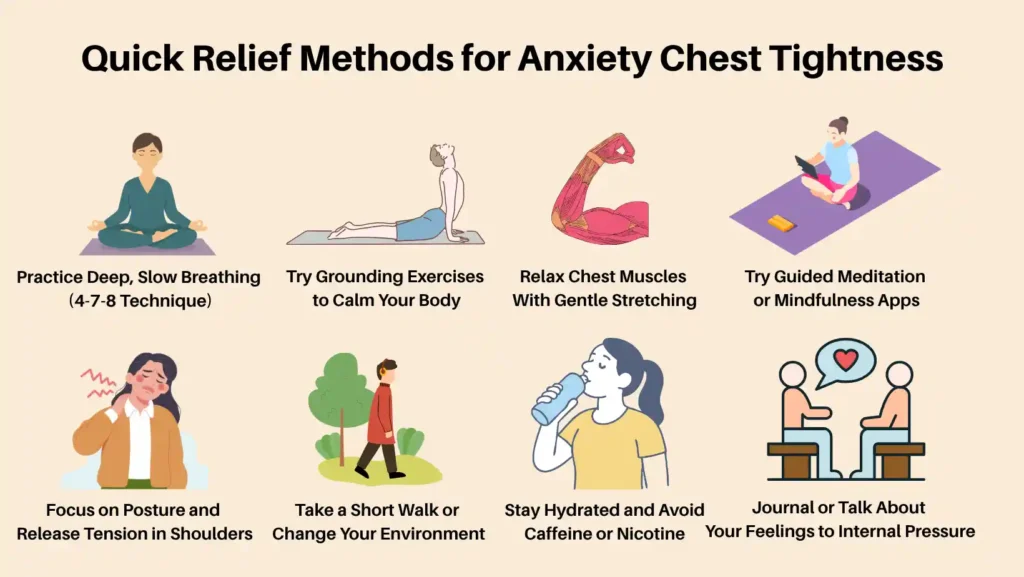
1. Practice Deep, Slow Breathing (4-7-8 Technique)
Inhale through your nose for 4 seconds, hold for 7 seconds, and exhale through your mouth for 8 seconds. This slows your heart rate, calms your nervous system, and helps relieve chest tightness from anxiety instantly.
2. Try Grounding Exercises to Calm Your Body
Ground yourself by noticing your surroundings. Name five things you can see, four things you can touch, three things you can hear, two things you can smell, and one thing you can taste. This technique pulls you away from panic.
3. Relax Chest Muscles With Gentle Stretching
Stretch your arms overhead, roll your shoulders, and gently open your chest. Stretching releases tight chest and shoulder muscles, easing anxiety and chest pain naturally.
4. Focus on Posture and Release Tension in Shoulders
Poor posture compresses your chest and lungs. Sit up straight, roll your shoulders back, and take a deep breath. This gives your lungs room to expand and helps you relieve chest tightness from anxiety quickly.
5. Take a Short Walk or Change Your Environment
Movement reduces adrenaline and helps your body process stress hormones. Even a five-minute walk can calm racing thoughts and reduce tightness.
6. Use Progressive Muscle Relaxation (PMR)
Tense and relax each muscle group in your body, starting from your toes up to your head. This technique lowers full-body tension, making it easier to relieve chest tightness from anxiety effectively.
7. Try Guided Meditation or Mindfulness Apps
Listening to calming guidance helps you refocus your mind and reduce physical stress. Mindfulness trains your brain to respond to stress more calmly over time.
8. Stay Hydrated and Avoid Caffeine or Nicotine
Caffeine and nicotine raise heart rate and trigger anxiety symptoms. Replace coffee and cigarettes with water or herbal tea to reduce chest tightness and anxiety episodes.
9. Journal or Talk About Your Feelings to Reduce Internal Pressure
Writing or talking releases emotional stress. Sharing your worries with someone you trust often lessens anxiety and physical symptoms.
How to Get Rid of Anxiety Chest Pain Long-Term
Practice Daily Breathing or Yoga Routines
Making breathing exercises or yoga a daily habit trains your body to stay calm under stress. Over time, this habit helps relieve chest tightness from anxiety before it starts.
Keep a Consistent Sleep and Exercise Schedule
Sleep and exercise balance your body’s stress hormones. Aim for seven to eight hours of sleep and moderate activity like walking or swimming to prevent frequent anxiety chest pain.
Reduce Stimulants (Coffee, Energy Drinks, Smoking)
Cut back on stimulants that overactivate your nervous system. Reducing caffeine, nicotine, and sugary drinks helps maintain calm and steady breathing.
Seek Therapy — CBT or Relaxation-Based Programs
Cognitive Behavioral Therapy (CBT) helps you change negative thought patterns that cause anxiety. Relaxation therapies focus on calming physical reactions like muscle tension.
Consider Prescribed Medications (SSRIs or Beta-Blockers)
Doctors may suggest SSRIs (Selective Serotonin Reuptake Inhibitors) for ongoing anxiety or beta-blockers to control heart rate and shaking. Both can make it easier to relieve chest tightness from anxiety long-term.
Medical Treatments for Chronic Anxiety Chest Tightness
Short-Term Relief: Anti-Anxiety Medications (Under Medical Advice)
For sudden panic or severe anxiety, doctors might prescribe fast-acting medications for short-term relief. These help during acute stress episodes while you work on long-term strategies.
Long-Term Management With SSRIs or SNRIs
For chronic anxiety, SSRIs or SNRIs (Serotonin-Norepinephrine Reuptake Inhibitors) balance mood-related chemicals in your brain, reducing the number and intensity of anxiety chest pain episodes.
How Beta-Blockers Can Ease Physical Symptoms
Beta-blockers control adrenaline, slowing heart rate and reducing physical tension. They are helpful when anxiety causes chest tightness or shaking.
When to Combine Therapy and Medication for Better Outcomes
Many people benefit from combining therapy with medication. Therapy changes thought patterns, while medication controls physical reactions, giving full control over chest tightness and anxiety.
Chest Tightness vs. Heart-Related Pain — Key Differences
| Feature | Anxiety Chest Pain | Heart-Related Pain |
| Sensation | Sharp, fleeting, or pressure | Heavy, crushing, constant |
| Trigger | Emotional stress, worry | Physical exertion |
| Relief | Improves with rest or calm | Worsens with activity |
| Duration | Seconds to minutes | Often longer than 10 minutes |
These distinctions help you decide when to relieve chest tightness from anxiety and when to seek emergency care.
Lifestyle Tips to Prevent Anxiety-Related Chest Tightness
Get at Least 7 Hours of Sleep Each Night
Poor sleep raises anxiety levels. Maintain a steady sleep schedule to prevent the buildup of stress hormones.
Eat Balanced Meals and Limit Processed Foods
Eat whole foods, such as fruits, vegetables, lean protein, and healthy fats. Avoid processed, sugary foods that spike stress.
Stay Socially Connected and Talk About Stress
Strong relationships buffer anxiety. Sharing your worries helps your body stay calm, reducing how often you need to relieve chest tightness from anxiety.
Take Breaks From Digital Screens and News
Constant news and social media overstimulate your brain. Step away for quiet breaks to relax your nervous system.
Track Your Anxiety Symptoms in a Journal
Write down when chest tightness happens, what you were doing, and what helped. This helps you spot patterns and plan better management.
When to See a Mental Health Professional
Frequent Chest Pain Not Linked to Heart Conditions
If you frequently experience chest tightness and medical tests show your heart is fine, it’s time to address anxiety directly with therapy.
Anxiety That Affects Your Daily Routine
When anxiety stops you from living normally, professional help is crucial. Therapy or counseling can help you regain balance and confidence.
When Medication or Therapy May Help Stabilize Symptoms
If lifestyle changes aren’t enough, medication or therapy together may provide the stability you need to control anxiety long-term.
FAQs
Can anxiety cause chest pain every day?
Yes, chronic anxiety can cause daily pain. Regular breathing exercises, therapy, and lifestyle balance reduce these episodes and help you feel more in control.
What helps with chest tightness from anxiety immediately?
Deep breathing, grounding, stretching, and posture correction help immediately. They activate your relaxation system and reduce pressure fast.
Can anxiety chest pain feel like a heart attack?
Yes, anxiety chest pain can mimic heart attack symptoms. Always get checked if unsure to rule out serious conditions.
Should I go to the ER for anxiety chest pain?
Yes, if pain lasts over 10 minutes or comes with sweating, nausea, or arm pain, go to the ER. Better safe than sorry.
How can I stop anxiety chest pain naturally?
Practice slow breathing, stay hydrated, exercise regularly, and manage stress triggers to prevent attacks and learn how to get rid of chest pain naturally.


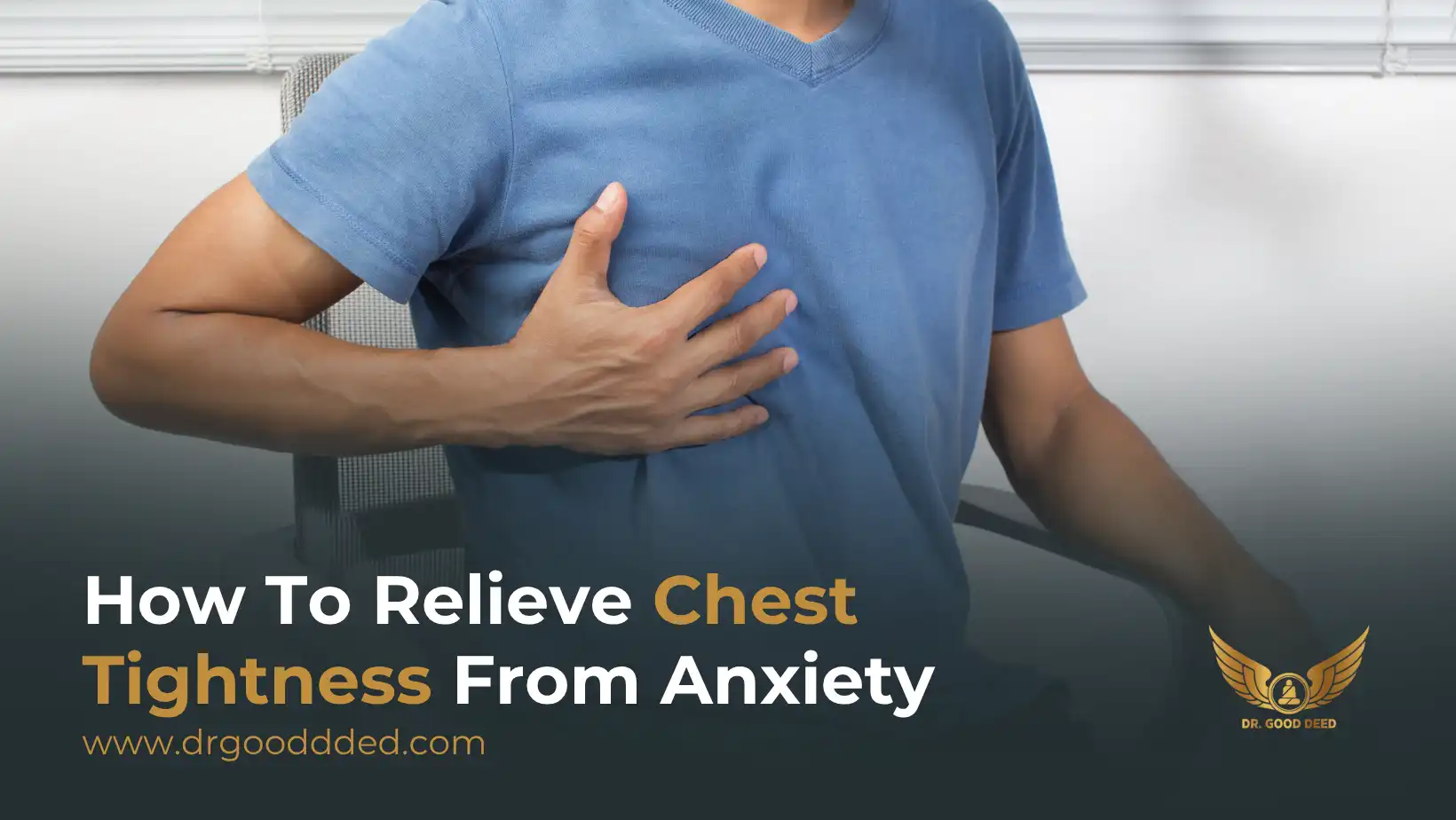
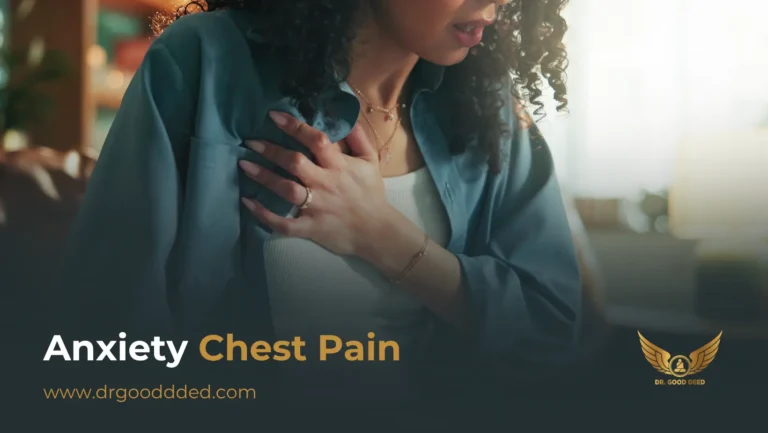

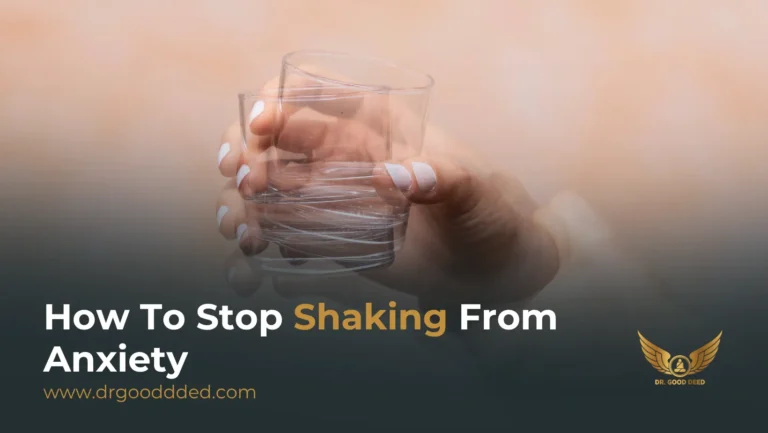
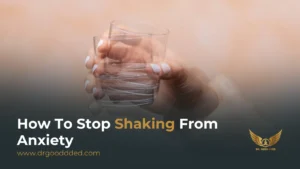
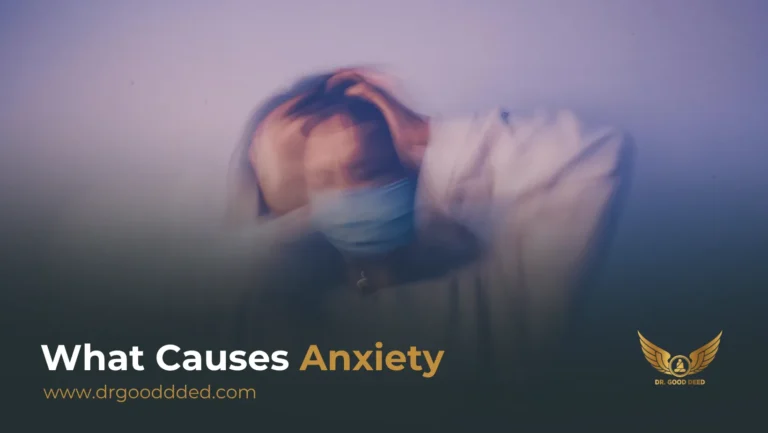
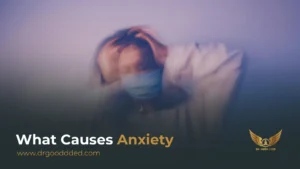
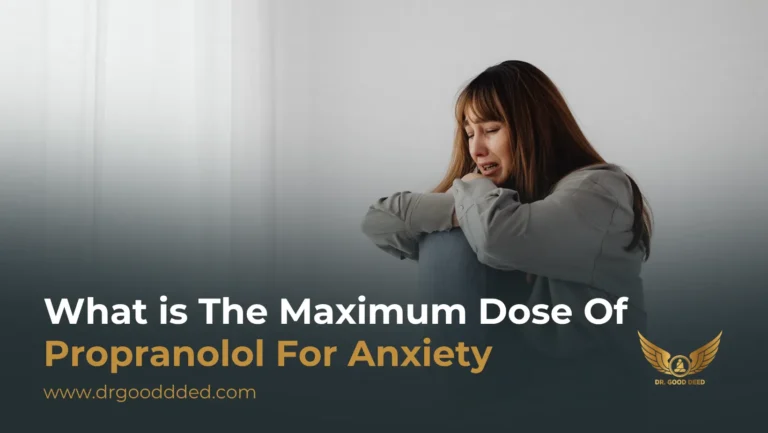
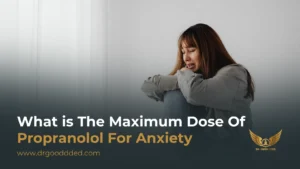

Leave a Comment